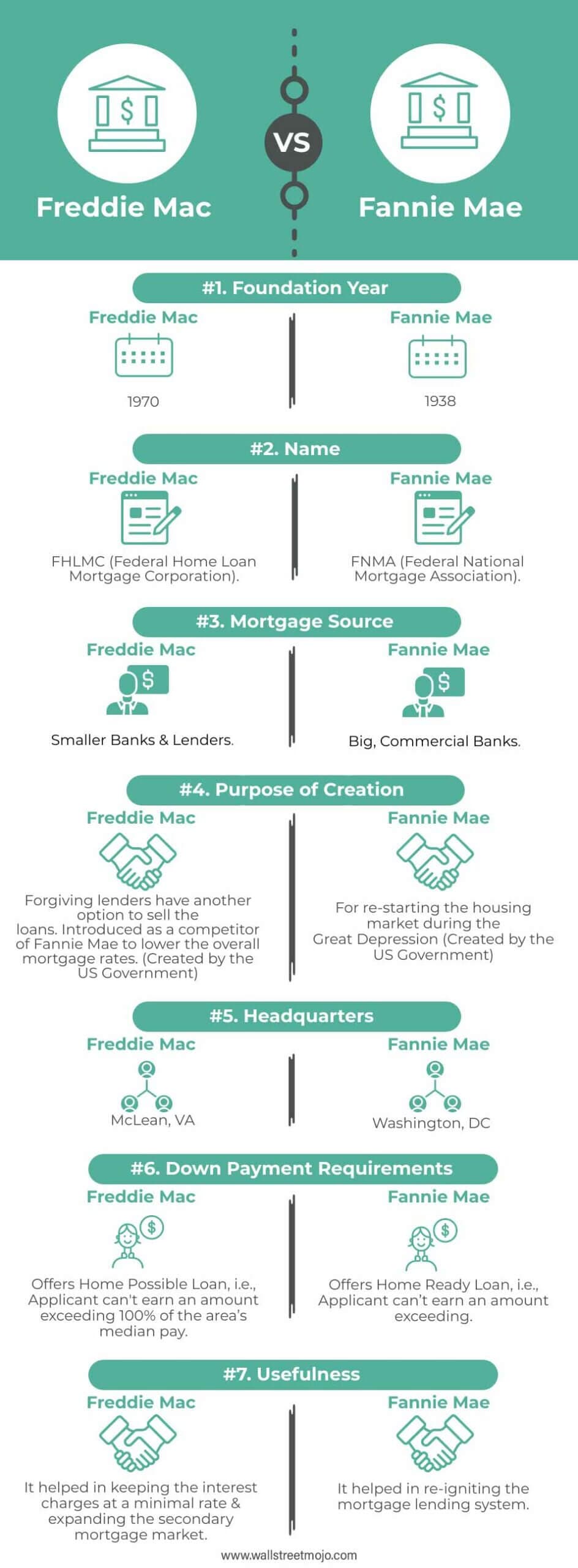Fed Governor Signals He Would Back Small December Rate Cut
Federal Reserve Governor Stephen Miran told Bloomberg on November 21 that he would vote for a 25 basis point interest rate cut at the Fed's December meeting if his vote were decisive. His move toward a smaller reduction narrowed the range of probable outcomes, boosting market expectations for easing even as inflation remains above the Fed's 2 percent target and some regional presidents stayed cautious.

Stephen Miran, a Federal Reserve governor, told Bloomberg Television on November 21 that he would cast a decisive vote for a 25 basis point cut at the Federal Open Market Committee meeting in December if his ballot were the marginal vote that secured the reduction. The comment signaled a willingness to accept a more modest easing step than he has previously championed and added momentum to market bets that the central bank may begin trimming policy rates this month.
Miran has earlier dissented in favor of larger cuts, reflecting a view that policy needed to move more quickly to ease financial conditions. His latest remarks suggest a pragmatic shift toward a smaller, calibrated reduction to limit potential economic harm from delaying relief. That stance matters because a single governor publicly expressing conditional support for a small cut narrows the range of policy outcomes traders and investors must price into short term interest rate futures and bond yields.
The Fed faces a delicate policy trade off. Consumer price inflation remains above the central bank's 2 percent objective, prompting several regional Fed presidents to signal caution about easing too soon. At the same time economic momentum has softened and financial conditions have tightened since the prior tightening cycle, leaving policymakers to weigh the risk of overtightening against the risk of reigniting inflation. Miran's conditional backing of a 25 basis point reduction illustrates that some officials are increasingly focused on avoiding unnecessary harm to growth while keeping inflation considerations central.
Markets reacted to similar comments from Fed officials in recent weeks by raising the odds of a December cut, though the degree of pricing varies across instruments and trading venues. A 25 basis point reduction would be a measured move, likely to lower the effective federal funds rate slightly and to influence short term Treasury yields and borrowing costs such as mortgage rates. The policy impact would be material but modest compared with the larger cuts some officials have favored, which would provide greater stimulus to the economy.
Policy makers will be watching incoming data closely. Inflation readings for November, ongoing measures of wage growth, and the labor market will all factor into the December deliberations. The Fed's challenge is to thread a narrowing policy path that supports employment without compromising long run price stability.
If Miran's conditional vote were decisive in December, it would mark a step toward an easing cycle that remains cautious and data dependent. For markets and businesses the key question will be whether this step would be the start of a sustained loosening or a one time adjustment aimed at striking a delicate balance between persistent inflation and slowing growth.


